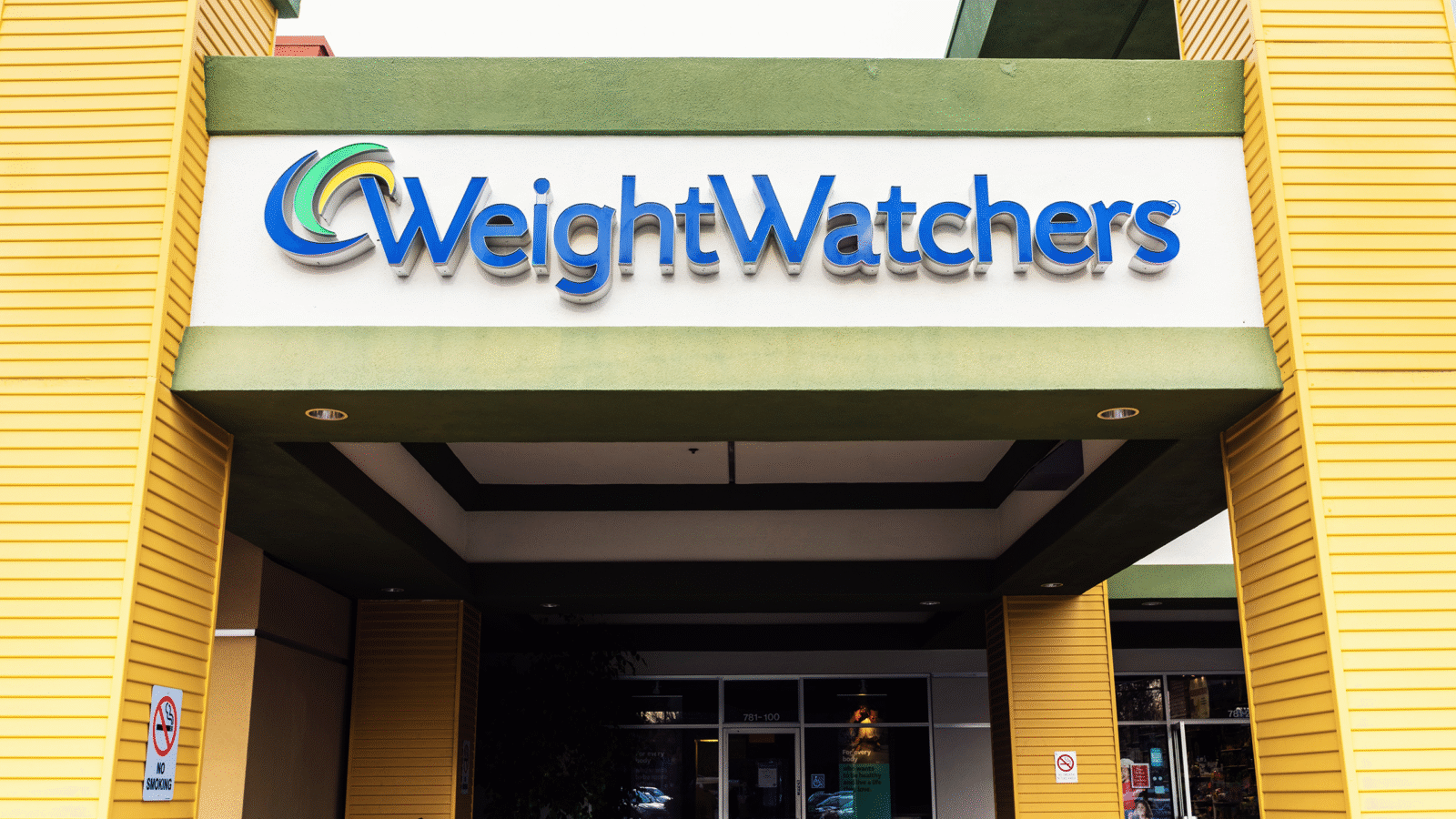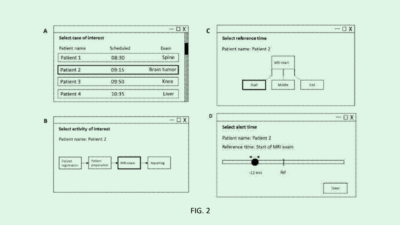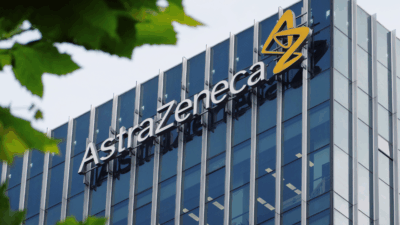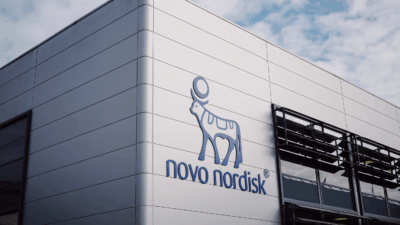Pharma Giants Combine Forces to Fight New M&A Rules
Some of pharma’s biggest players — including Merck, Amgen, Abbvie, and Gilead — formed an alliance to fight looming M&A reforms.

Sign up for smart news, insights, and analysis on the biggest financial stories of the day.
Meet the anti-antitrust coalition.
With a looming overhaul of US merger-and-acquisition law set to reshape the economics of the M&A-heavy pharmaceutical industry, 31 of its biggest players — including Merck, Amgen, Abbvie, and Gilead — formed an alliance to fight the reforms. Their chief enemy? Khaaaaaaaaaaan!
Khan’t Stop Me Now
In July, Lina Khan’s FTC and the Department of Justice proposed new M&A rules, including potential guidelines declaring that mergers should not “eliminate a potential entrant in a concentrated market,” “eliminate substantial competition between firms,” or “entrench or extend a dominant position.” You know, all the reasons giant companies acquire rivals in the first place.
But now the new coalition, dubbed the Partnership for the U.S. Life Science Ecosystem, or PULSE, is arguing that the new power-checking rules would likely stifle innovation. That’s because the path to actually delivering a drug to market — years of R&D, followed by long phases of clinical trials, all with only about a 12% success rate, according to the Congressional Budget Office — is so arduous and expensive the only way for biotech startups to often survive is to fold into a larger organization. It takes more than 10 years and $2.6 billion to successfully bring the average new drug to market, according to the Journal of Health Economics.
But regulators still see competition problems with pharma M&A, and recent antitrust action may hint at what exactly the regulators are trying to prevent:
- In September, the FTC settled its lawsuit with Amgen that attempted to block its $27.8 billion merger with Horizon Therapeutics. Amgen was prevented from “bundling” any of its products with Tepezza or Krystexxa, Horizon’s chief medications that respectively treat thyroid eye disease and chronic refractory gout.
- Pharma “bundling” is when drug developers leverage their large portfolio of must-have blockbusters to push insurance companies and pharmacy benefit managers to give special treatment to other drugs on offer, either in the form of heavy rebates or prioritized recommendations. According to some critics, it can create anticompetitive landscapes that ultimately drive up costs for consumers.
The proposed rule changes remain theoretical for now. Their unveiling in July kickstarted a 60-day period for public comment, with feedback now under review and an implementation date still to be determined.
You Report, We Forgive: Regulators take with one hand, give with the other. The DoJ unveiled a new policy on Wednesday that shields companies from legal action if they disclose misconduct committed by a business they are buying. Companies must disclose misconduct within six months of an acquisition, and then must rectify the issue within a year of the deal’s closing — presumably after the teams that conducted the poor due diligence have been defenestrated.
– Brian Boyle











